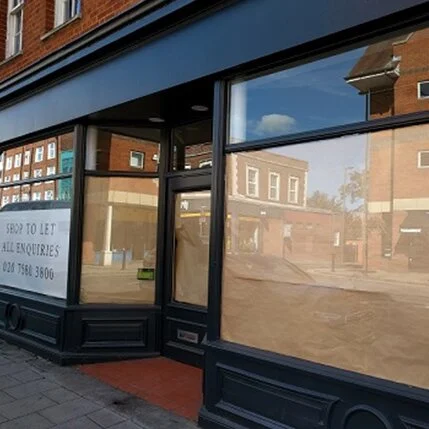Whether it be buying or selling a house or renewing a commercial lease, choosing a property lawyer is one of the most important decisions you will make in relation to your property transaction.
The end result of any transaction is likely to be as good as the quality of the work delivered by the professional you have instructed. Choose with caution and do your research.
Why is it important?
Property transactions are generally:
- Complicated. There are so many possible issues that can crop up: problems with the title, issues in relation to adverse search results, environmental concerns, planning points, unusual lease terms, etc. You want someone who knows what they’re doing.
- Expensive. Buying a house is nearly always the biggest financial commitment a person will make in their lifetime. You want to ensure your money is in safe hands.
- Stressful. I saw a poll recently that placed selling a house as being more stressful than bankruptcy, losing your job and even getting divorced! One of the main reasons cited was uncommunicative or slow lawyers. Choosing the right lawyer can make a big difference to your experience.
What to look for
You should be on the lookout for the following attributes:
Accessible and communicative. You want a lawyer who will be your sole point of contact at that firm, respond to your calls/emails promptly without you having to chase, update and advise you at every stage of the process and deal promptly with communication from the lawyer acting on the other side. Believe it or not these qualities are not a given. I am regularly dealing with lawyers on the opposite side of transactions who are unresponsive and slow in getting back to me – this kind of behaviour leads to delays and escalating fees for both sides.
Good rapport. You’re going to be speaking to your lawyer regularly, so it certainly helps to have a good rapport and a feeling of comfort and familiarity.
Good knowledge and experience. Mistakes in property transactions can be disastrous given the sheer sums involved. It goes without saying but you want a lawyer who knows what they’re doing! It may be that the actual person with conduct of your matter is not greatly experienced (such as me) but they should be supervised by somebody who is.
Local knowledge. It can be beneficial to instruct a lawyer who has a knowledge and understanding of the local market. They may be aware of any unusual searches that are advisable or of any other arrangements, issues, developments or news which are unique to the area and could potentially impact on your transaction.
Location.It is far from essential that you instruct somebody local, but it certainly makes it more convenient to drop off documents or to attend your lawyer’s office to sign documents when required.
What to avoid
You should be wary of the following:
‘Conveyancing factories’. Don’t go for the cheapest option. Whilst it is tempting given the current economic climate and the uncertainty surrounding Brexit, you really do get what you pay for and when it comes to property legal advice, low cost rarely equals good value. If a firm is charging a very low fee they’re going to have to get through a high number of transactions to make any money. You should consider whether they will they be able to provide their full attention to your matter.
Hidden costs.You should be alert to the fact that prices are not always transparent. Some firms who market themselves as being low on price often do not include some of the ancillary costs, such as search fees and other disbursements, which can increase the quoted price substantially.
Upcoming holidays. Before you instruct someone, you might want to check if they are going away in the near future. If you hope to exchange and complete within a month and they are about to embark on a Caribbean cruise, you might want to look elsewhere to avoid the hassle of your file being handed over mid-way through the transaction.
Other considerations
Referral fees. Sometimes estate agents have commercial relationships with law firms and will recommend that you use a particular firm. It may be that they have referral arrangements with such firms and receive a financial inducement to recommend them such as commission. It is worth considering that going along with their recommendation may be to their financial benefit, but it may not be to yours.
Lender panels. If you require a mortgage, you should consider whether a firm is on your mortgage lender’s panel. If not, this could lead to complications and delays in your transaction. It may be that your lender will refuse to lend if you do not instruct a firm on their panel. You could ask your chosen firm to apply to become a member of the lender’s panel, but you should be aware that a) there may be certain restrictions preventing them from applying and b) registration can take weeks or even months.
Recommendations. You should vet your chosen lawyer before instructing them. Listen to recommendations from friends and family or look at reviews online on Google, Facebook or elsewhere. If you have a financial adviser, you might consider asking them. Of course, at the end of the day we believe that rhw tick all the boxes for the type of lawyer you should be instructing!
Jack Lightburn – rhw Solicitors llp
If you require legal advice on any commercial or residential property matter please contact rhw’s property teams on email or fill in our easy contact form.





